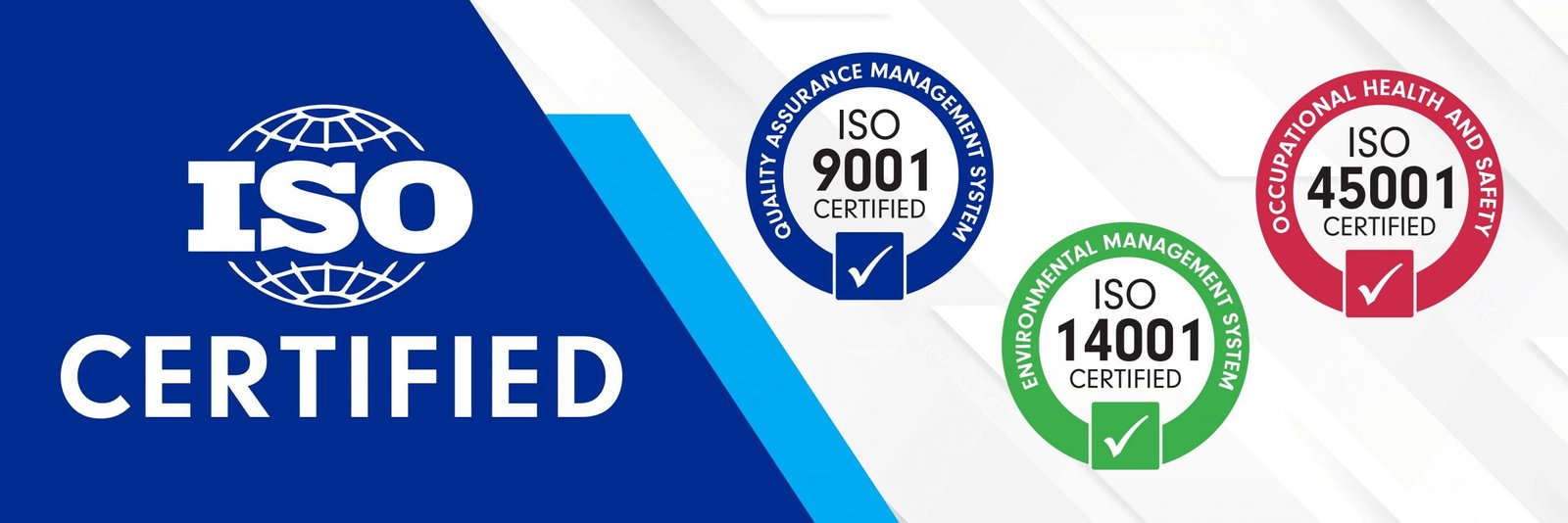- Private Limited Registration
- Public Limited Registration
- LLP Company Registration
- Section 8 Company NGO
- One Person Company Registration
- Nidhi Limited Company Registration
- Proprietorship Firm Registration
- Partnership Firm Registration
- Trademark Registration
- GST Registration & Return
- Trust Registration
- Society Registration
- MSME Registration
- ISO Certificate
- EPF Registration
- ESI Registration
- Digital Signature (DSC)
- FSSAI (Food License)
- Import Export License
- Shop & Establishment Certificate
- Trade License
- Drinking Water Test Report
- 80G & 12A Filing
- Company Compliances
- Fire License
- Copyright Registration
- Patent Registration
- Legal Drafting
- Rice Fortification
- BIS Registration
- Product Testing
- Income Tax Return
- Other Services
Need Any Help?
Speak with a human to filling out a form? Call our helpline number and we will connect you with a team member who can help you.

ISO Certification in India
ISO (International Organization for Standardization) as the name implies it’s an independent international organisation, develops International Standards, such as ISO 9001 and ISO 14001, but they are not involved in the ISO certification in India and do not issue ISO certificates. External certification bodies in India perform the ISO certification process in India. In this article we will look at ISO Certification process in detail.
Advantages of ISO Certification
- International credibility: ISO Certification in India plays a vital role in helping the organisation to build credibility in overseas business.
- Customer Satisfaction: ISO standards are intended to make organisations to serve their customers in a better way that would simultaneously increase customers’ satisfaction
- Government Tenders: ISO Certification i India is quite essential to bid for Government Tenders.
- Business Efficiency: Functional efficiency of organisations is improved by obtaining ISO Certification in India. SOP (Standard Operating Procedures) and work instructions can be developed with the help of ISO Certification Agency. Implementation of ISO in an organisation manages the resources efficiently.
- Product Quality: By obtaining ISO Certification in India, the product quality matches up the international standards, it will reduce the risk of product order rejections that may occur due to the flawed products.
- Marketability: ISO Certification improves the business credibility, and it helps the business marketing directly.
Selecting the Type of ISO Certification in India
First of all, the entrepreneur needs to choose the type of ISO certification required for the business. There are various types of ISO certification are available such as listed below:
- S.N.Certificate NameField1.ISO 9001Quality Management2.ISO 14001Environmental Management3.ISO 22000Food Safety Management4.ISO 13485Medical Devices5.ISO 20121Sustainable Events6.ISO 639Language Codes7.ISO 45001Occupational Health and Safety8.ISO 4217Currency Codes9.ISO 37001Anti-Bribery Management Systems10.ISO/IEC 17025Testing and Calibration Laboratories11.ISO 26000Social Responsibility12.ISO 8601Date and Time Format13.ISO 31000Risk Management14.ISO 3166Country Codes15.ISO 50001Energy Management16.ISO/IEC 27001Information Security Management
Documents Required for ISO Certification
For paper works, the first step is choosing the type of ISO Certification required for the business. The essential Documents required for ISO Registration/Certification are:
- Identity and address proof of the applicant along with a copy of PAN Card and Aadhar card.
- Passport Size Photographs of the applicant.
- Utility Bill or Electricity Bill.
- Copy of Sale deed in case of owned property.
- If the place of business is a rented property, a Rent Agreement is required.
- In the case of a company, a Certificate of Incorporation, the MOA and AOA.
